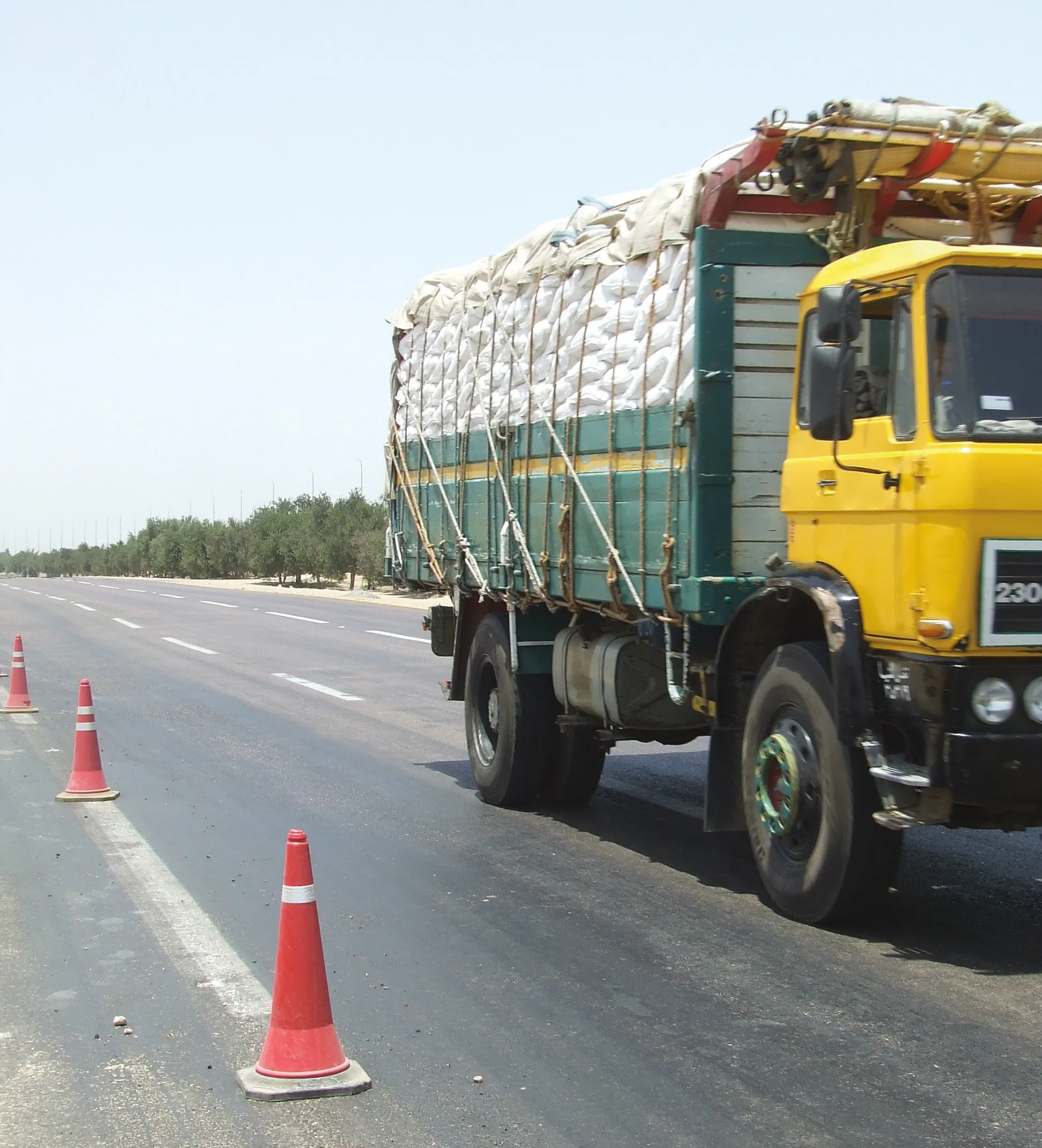Peek, Imtech's provider of intelligent mobility solutions, yesterday unveiled what is being claimed as the first commercially available cooperative ITS platform that offers road administrators, emergency services and logistics businesses an opportunity to increase safety, reduce emissions (including CO2), cut fuel consumption by up to 20 per cent, and enable reliable travel times in urban areas. It's claimed this can be accomplished by organising right-of-way at intersections and by providing drivers with a
April 24, 2012
Read time: 2 mins
At the heart of it is the application of communication standards such as 802.11p (a version of Wi-Fi) that has been released by the
“Cooperative systems,” says Willem Hartman, managing director of Peek Nederland, “ensure intelligent communication between vehicles as well as between vehicles and roadside systems. In recent years, Peek has acquired practical experience by participating in such successful European research projects as CVIS, Safespot and the Freilot project in Helmond. There is a great demand for applying this technology, including a broad interest among companies in the German car industry.
Imtech/Peek’s cooperative ITS platform meets the highest criteria of European standardisation and corresponds perfectly with Beter Benutten, a programme for making better use of infrastructure that has been launched by the Dutch







